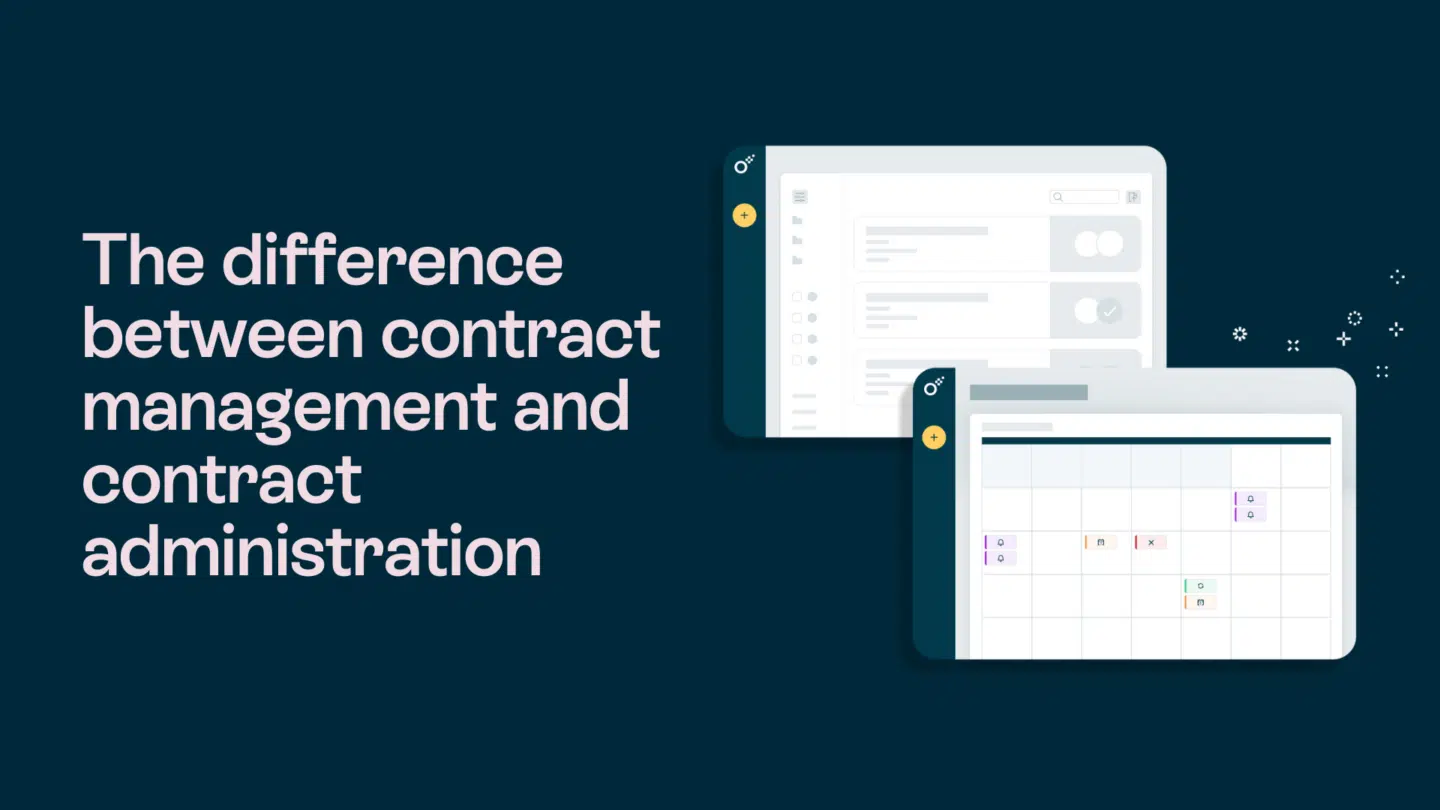Right now, technological advancements are revolutionizing the way we live and work. From automation to machine learning, technology is constantly evolving and reshaping various industries. One area that has seen significant transformation is electronic signatures, and at the forefront of this evolution is Artificial Intelligence (AI). In this article, we will explore the intersection of AI and electronic signatures, delve into the benefits of integrating AI into signature processes, discuss potential challenges and solutions, and envision the exciting future that lies ahead.
Understanding the basics of AI and electronic signatures
Defining AI and its role in technology
Before delving into the world of electronic signatures, it’s essential to have a clear understanding of AI and its role in technology. AI refers to the simulation of human intelligence in machines, enabling them to learn, analyze data, and make decisions. Artificial Intelligence has revolutionized various industries by introducing automation and predictive capabilities. In the realm of technology, AI plays a crucial role in optimizing processes, improving accuracy, and enhancing user experiences. Its ability to interpret complex data sets and patterns has made AI a valuable asset in decision-making and problem-solving.
When applied to electronic signatures, AI can automate various tasks, enhance security measures, and streamline processes, ultimately improving efficiency and accuracy. By leveraging AI algorithms, electronic signature platforms can verify user identities, detect fraudulent activities, and suggest improvements for a seamless signing experience. The integration of AI in electronic signatures not only accelerates the signing process but also ensures compliance with regulatory standards and industry requirements.
Read also: Electronic signature: The benefits and how it works

The evolution of electronic signatures
Electronic signatures have come a long way since their inception. Initially, they were basic tools allowing individuals to sign documents electronically. However, technological advancements, such as AI, have transformed electronic signatures into powerful tools that offer enhanced functionality and security. The evolution of electronic signatures has paved the way for a paperless environment, reducing the need for physical paperwork and enabling remote collaboration.
Today, electronic signatures are widely recognized as legally binding and are commonly used in industries ranging from finance to healthcare. The adoption of electronic signatures has not only expedited business transactions but has also contributed to environmental sustainability by reducing paper waste. As electronic signature technology continues to evolve, organizations are exploring new possibilities for secure and efficient document management, driving digital transformation across various sectors.
Read also: Why Oneflow is a contract platform for everyone

The intersection of AI and electronic signatures
How AI enhances electronic signature processes
One of the primary advantages of integrating AI into electronic signatures is the automation of time-consuming tasks. AI-powered signature platforms can automatically extract relevant information from documents, such as names and dates, and populate the required fields. This not only saves valuable time but also reduces the chances of errors that can occur during manual data entry.
Imagine a scenario where a company needs to process hundreds of contracts every day. Without AI, employees would have to manually input the necessary information for each document, which is not only tedious but also prone to mistakes. However, with AI, the process becomes seamless and efficient. The AI algorithms can quickly scan the document, identify the key information, and automatically fill in the required fields. This not only speeds up the workflow but also ensures accuracy, minimizing the risk of costly errors.
The impact of AI on security and verification
With the increasing reliance on electronic signatures, cybersecurity is a pressing concern. AI plays a crucial role in enhancing security measures, providing robust authentication and verification mechanisms. AI algorithms can analyze various factors, such as signature patterns, biometrics, and document metadata, to detect and prevent fraudulent activities.
Let’s consider a scenario where a company is dealing with a high-stakes contract. Without AI, the verification process would rely solely on human judgment, which can be subjective and prone to errors. However, with AI, the system can compare the signature patterns with a vast database of known signatures, instantly flagging any inconsistencies or potential forgeries. This level of scrutiny ensures that only legitimate signatures are accepted, providing an additional layer of security.
AI can also help identify potential risks and flag suspicious activities, offering real-time protection against unauthorized access to sensitive information. For example, if an unauthorized user tries to access a document or manipulate a signature, the AI algorithms can quickly detect the anomaly and trigger an alert, allowing the organization to take immediate action. By integrating AI into electronic signatures, organizations can foster trust, safeguard sensitive data, and comply with regulatory requirements.
Read also: All you need to know about digital signatures

Benefits of integrating AI into electronic signatures
Efficiency and speed: AI’s contribution to electronic signatures
One of the key benefits of AI integration is the significant improvement in efficiency and speed. With AI-powered automation, signatures can be obtained and verified with minimal manual intervention, reducing the overall turnaround time. This not only accelerates business processes but also enhances customer satisfaction by providing quick and seamless experiences.
Imagine a scenario where a company needs to process a large number of documents that require signatures. Without AI integration, this would involve a time-consuming process of manually reviewing each document, verifying the signatures, and cross-referencing them with existing data. However, with AI, this cumbersome task can be automated, freeing up valuable time and resources for more important tasks.
Moreover, AI can analyze and extract valuable insights from signature data, empowering organizations to identify process bottlenecks and make data-driven improvements. This continuous optimization leads to further efficiency gains and streamlines operations.
AI and the improvement of signature authentication
Signature authentication is a critical aspect of electronic signatures. AI technologies, such as machine learning, can analyze and recognize signature patterns, ensuring accurate authentication. By continuously learning from patterns and comparing new signatures against existing data, AI algorithms can detect even the slightest variations and identify fraudulent attempts.
Consider a situation where a company receives a document with a signature that appears to be genuine but is actually forged. Without AI integration, it may be challenging to detect such fraudulent attempts. However, with AI-powered signature authentication, the system can flag any suspicious signatures and alert the relevant authorities, preventing potential fraud and protecting the integrity of the digital transaction.
Furthermore, AI-powered signature platforms can utilize multiple authentication methods, such as biometrics and two-factor authentication, for enhanced security and reliability. By integrating AI into signature authentication processes, organizations can bolster fraud prevention and instill confidence in their digital transactions.
It’s worth noting that AI is not meant to replace human judgment entirely but rather to augment it. The combination of AI’s analytical capabilities and human expertise creates a powerful synergy that ensures the highest level of accuracy and security in electronic signatures.
Potential challenges and solutions in AI-driven electronic signatures
Addressing privacy concerns in AI-based signatures
As with any technological advancement, AI-driven electronic signatures raise concerns regarding privacy and data protection. Organizations must implement robust data security measures and adhere to relevant regulations to safeguard personal and sensitive information. By adopting privacy-centric AI frameworks and ensuring transparent data handling practices, organizations can address these concerns head-on and build trust with their users.
Overcoming technical hurdles in AI integration
While AI integration offers immense potential, organizations may encounter technical challenges during implementation. These hurdles can include compatibility issues with existing systems, data quality concerns, and the need for upskilling employees. However, by partnering with experienced AI solution providers, investing in infrastructure, and providing comprehensive training, organizations can overcome these obstacles and unlock the full potential of AI-driven electronic signatures.
Read also: Introducing Oneflow Write with AI

The future of AI and electronic signatures
Predictions for AI in the electronic signature industry
Looking ahead, the future of electronic signatures with AI is undoubtedly promising. As technology continues to evolve, AI will become more sophisticated, enabling even greater automation, accuracy, and security in electronic signature processes. We can expect AI to play a pivotal role in areas such as document analysis, natural language processing, and fraud detection, revolutionizing the way we approach electronic signatures.
The key takeaways
As AI continues to shape the electronic signature landscape, organizations must stay abreast of emerging technologies and adapt accordingly. By staying proactive and investing in AI-driven signature solutions, businesses can stay ahead of the curve, drive innovation, and deliver seamless digital experiences to their customers.
The intersection of AI and electronic signatures marks a transformative era in the way we authenticate and process digital documents. With increased efficiency, heightened security, and continuous advancements, AI is undoubtedly the new future of electronic signatures. By harnessing the power of AI in signature processes, organizations can unlock new possibilities, streamline operations, and pave the way for a more secure and digital future.







